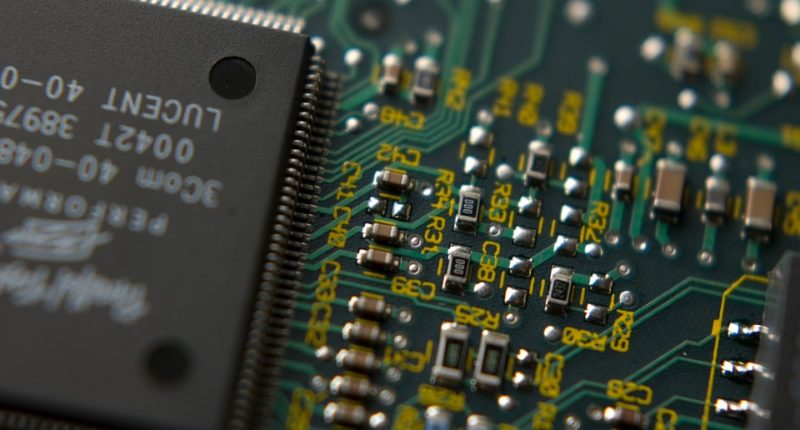The Industry ministry of Japan has decided to tighten controls on exports of high-tech materials used in smartphone chips and displays to South Korea. This comes amid the backdrop of escalating conflicts between the two countries over the issue of Japanese firms forcing South Korean workforce to work for them during World War Two.
Restrictions on exports will be effective from Thursday and is expected to slow down the export process. It will also hit big on behemothic Korean tech firms including Samsung Electronics, SK Hynix, and LG Display.
The move is the result of Tokyo’s growing anguish as it calls a lack of action by Seoul over matters arising from a ruling of its top court that ordered Nippon Steel to compensate former forced laborers.
South Korea’s industry minister, Sung Yun-mo, said: “We will take necessary countermeasures including filing a complaint to the (World Trade Organization).”
“Our government expressed deep regret” over Japan’s tightening of its materials shipments, Sung said.
The Finance minister of South Korea called up for a meeting to discuss Japan’s action, finance ministry officials said. The South Korean foreign ministry also send for Japan’s ambassador and asked for removal of the curbs, it said.
Last month, Japan discarded South Korea’s proposal to collectively create a compensation fund for those who suffered, with contributions from companies of both the countries.
“South Korea has failed to show any satisfactory measures to resolve the forced labor issue … and severely damaged mutual trust,” said an official of the Japanese Ministry of Economy, Trade and Industry. “As trust has been lost, we cannot have a dialogue and are unable to ensure that proper export controls are being taken,” he said.
The neighbors’ discontentment can be drawn back to the period of Japanese colonization of Korean peninsula from 1910 to 1945, including forced labor by Japanese firms, the use of Korean girls and women forced to work in its wartime bordellos.
Japan says that those conflicts were resolved when both the countries entered into diplomatic ties. It has condemned the orders and demands for an arbitration panel.
The materials to be restricted are fluorinated polyimides, used in smartphone displays, as well as resists and hydrogen fluoride (HF), which is used as an etching gas to make semiconductors. Resists are thin layers of material used to transfer circuit patterns to a semiconductor substrate. Hydrogen fluoride is used in etching silicon materials.
Japan will impose restrictions for shipping of these three materials, requiring exporters to ask for permission each time they want to ship, which takes about 90 days, the ministry official said.
Japan accounts for about 90% worldwide production of fluorinated polyimides and resists and 70% for etching gas which makes it cumbersome for chipmakers to find substitutes. A source at one of the top South Korea chipmaker company said that chipmakers would have to build inventories and also said that the company depends on Japan for more than 70% of its resists and etching gas.
The country had been looking to modify its import sources to cope with Japan’s “one-sided” measure said Sung, the South Korean industry minister.
In Tokyo, shares of resist maker JSR and fluorochemicals producer Kanto Denka Kogyo shoved. However, the move benefited small South Korean material producers.
Japan also seeks to mark off South Korea from white list status under a trade control law, which will require Japanese exporters to obtain a license for items used in producing weapons-related applications.
“This is not a problem starting from the business sector, and I think our government should stand up and try to fix this while companies are taking a hit,” said Lee Soo-chul, a board member of the Seoul-Tokyo Forum, a private foundation of diplomats and businessmen from both countries.
“But I am not sure if the current government is realizing how critical this situation is,” said Lee, a former head of Samsung Group’s Japanese operations.
The Tech Portal is published by Blue Box Media Private Limited. Our investors have no influence over our reporting. Read our full Ownership and Funding Disclosure →






